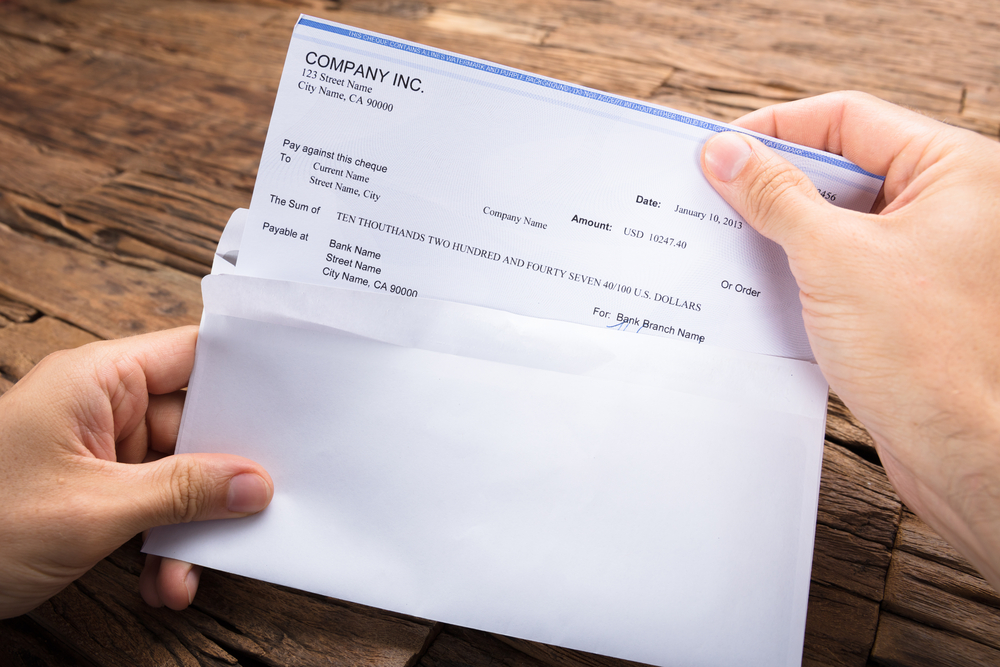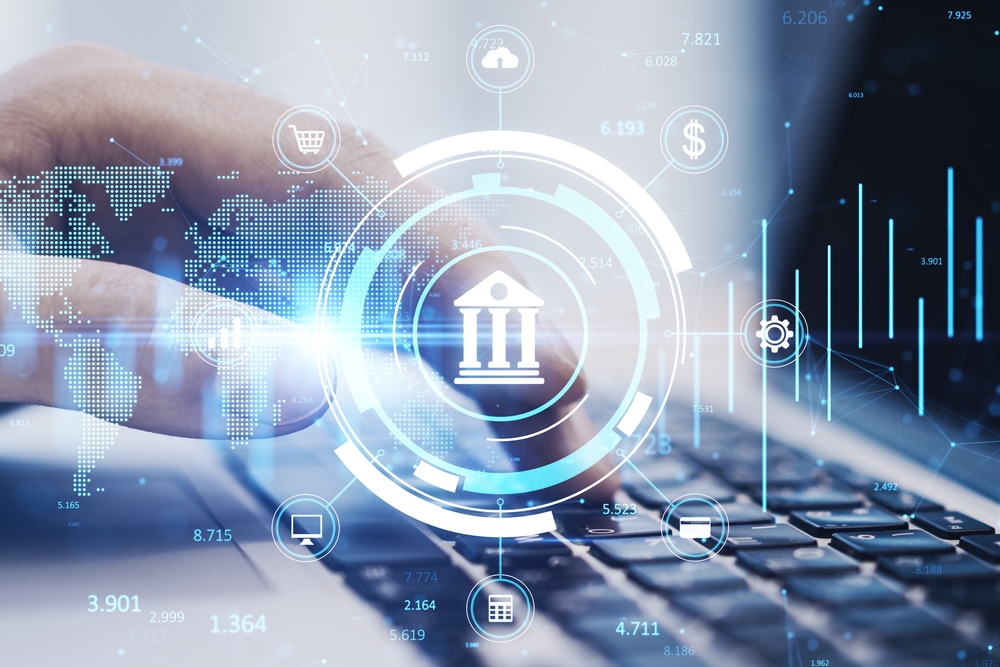Virtual Cards to Replace Paper Checks in B2B Payments? You Be the Judge.
In a recent interview, Drew Edwards, the CEO of Ingo Money, shares his predictions with PYMNTS on shifting from check payments with the help of AI and faster payments.
“We’re moving beyond simply ‘kill the check,’” he said of B2B payments, “which is where we were just a few years ago.”

We recently covered a similar topic, where the Washington Post proclaimed "Checks Are Dead." We listed several reasons why this proclamation is not correct, including:
- 46% of consumers reported writing a check in the past 30 days
- The average consumer writes 1.5 checks per month
- JP Morgan Chase reports that 78% of renters still pay by check
This is just the consumer side. For business payments, PYMNTS.com itself ran a headline that reads 81% of Businesses Still Pay Other Firms Via Paper Checks.
And, there are several major industries that rely on check payments, including healthcare payouts, of which 19% are disbursed by check; and tax refunds, 20% of which are paid out via check.
Let's take a deeper dive into the factors on this new claim.
Virtual Cards and Push-To-Card
Mr. Edwards points to his experience at Ingo Money, where he notes that:
Ingo “is getting a lot of interest from clients and partners in the marketplace around the question of turning [payments] into a money maker as opposed to a cost center.” Treasurers and other finance professionals, he said, are weighing the costs of issuing and accepting paper checks versus other faster (and online) payment options such as virtual credit cards and push-to-card transactions.
While we cannot disregard Mr. Edwards' opinion, it's a bit hard to see how a business would rather receive a virtual card or push-to-card over a check that provides funds into their bank accounts. Virtual cards and push-to-card transactions are rather inflexible payment methods. A business would most likely rather have the funds in their bank accounts to utilize in the way they need for their business vs. having a card that acts as a payment method.
To better conceptualize, let's imagine that we are a small business. We received a virtual card payment, and now we have both a business checking account, a business credit card, and now a third payment vehicle -- virtual card. We want to pay our office rent for the month, but rather than have the funds available in our checking accounts, we need to see if we can pay from a virtual card and lose 3-5% on the credit card fee resultant from that transaction.
On the other hand, we can receive a check, deposit it to the bank, and then use the funds however we need, without the 3-5% fee.

And, while the payer sees a benefit from a virtual transaction, the receiver does not and feels frustrated with the situation -- possibly leading to searching for a different vendor that provides payments that are more convenient.
Ad-Hoc Payments
Ad-hoc payments refer to expenses paid that are not automated or not subscription-based. According to Mr. Edwards, these types of payments amount to "fewer than a half dozen times a year, tied to 20% of dollar volumes paid to an estimated 80% of receivers."
As Edwards noted, most of the innovation in business payments has been centered around what he termed “large B to large B accounts payable outsourcing and automation.” The movement has been for these larger firms to transition their bill paying functions to B2B marketplaces, he said, which in turn have directories to pay enterprises with virtual credit cards and other digital options.
Just from OrboGraph's experience -- specifically from the marketing department -- we know that this is underestimated at best. There are dozens of payments per month that are paid ad-hoc just from marketing expenses -- ranging from registration for conferences to consultant payments. And, we cannot imagine these receivers being open to accepting a virtual card.

Role of Faster Payments and AI
It's interesting to see how quickly Mr. Edwards' opinion has changed. Previously, Mr. Edwards noted in a PYMNTS.com article from August 2023:
From Ingo’s point of view, as Edwards observed, “There are few people calling in asking to speed up funds with FedNow or RTP. Most people outside of payments don’t even know what that is.”
And now, Mr. Edwards "contended that that speed will be a game changer for B2B payments."
We can, however, agree that AI's role in payments will speed up transactions -- as we've seen in the role it played in automating check payments. While Mr. Edwards pushes the narrative to move past check payments, it's clear that they still loom large in the payments landscape, and the alternatives suggested are not viable.

While digital payment options are growing, we can confidently say that checks are indeed alive and well.